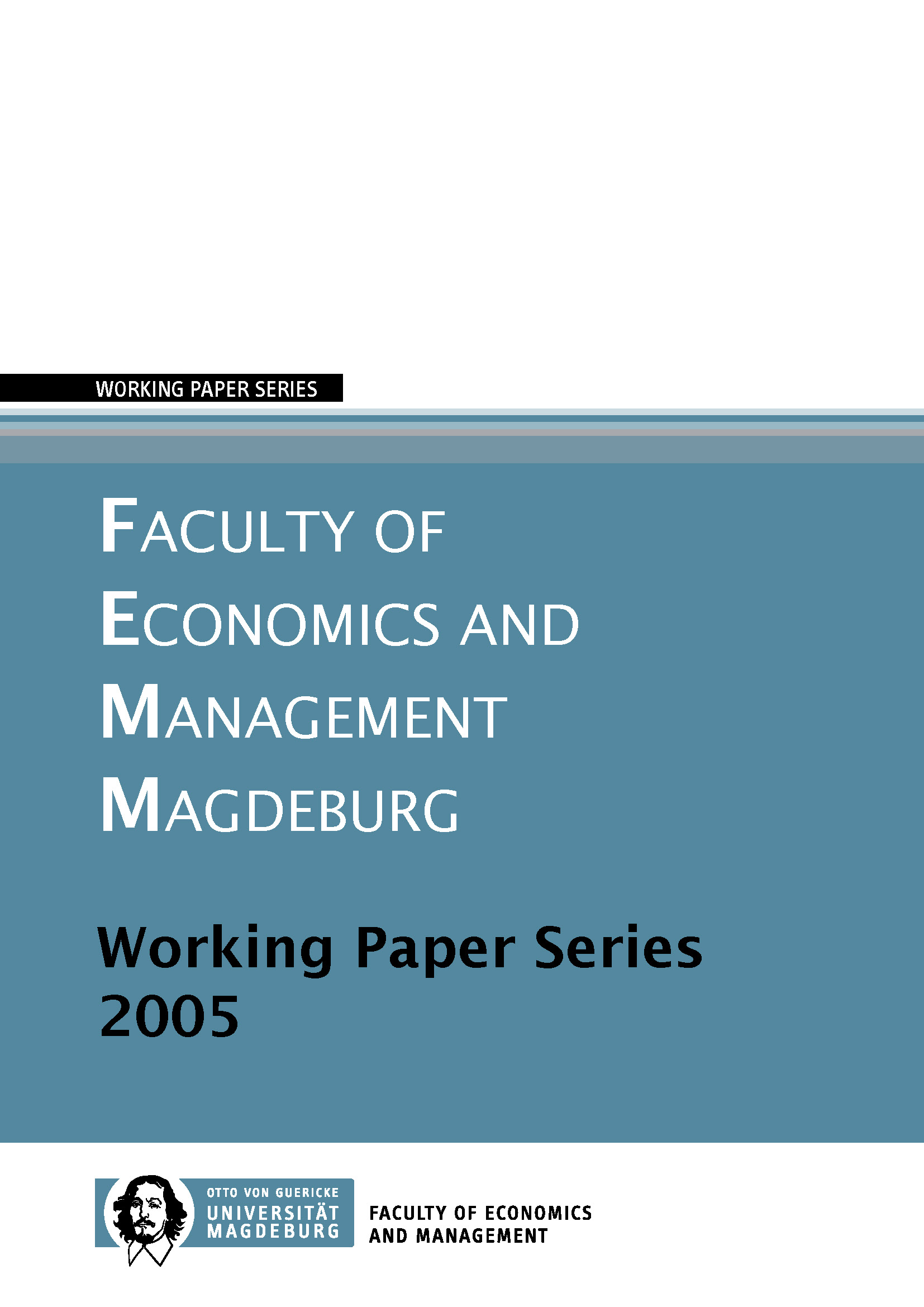Population ageing and health care expenditure
a school of 'red herrings'?
Schlagworte:
Ageing, proximity to death, health care expenditure, long-term careAbstract
This paper revisits the debate on the 'red herring', viz. the claim that population ageing will not have a significant impact on health care expenditure (HCE). It decomposes HCE into seven components, includes both survivors and deceased individuals and applies a two-part model to the demand for health care services, using a large Swiss data set. It finds no age effect on HCE for almost all components of HCE when proximity to death is controlled for, and points to differences between individuals receiving long-term care (LTC) services and non-LTC individuals. For the latter a flat or even a falling age curve for all components of HCE except for inpatient care is observed. LTC patients are high user of health care services, their conditional HCE generally shows a decreasing age profile, while the probability of being in need of LTC markedly increases in old age. A 'school of red herrings' can be claimed to exist except for long-term care where ageing appears to matter regardless of proximity to death.


